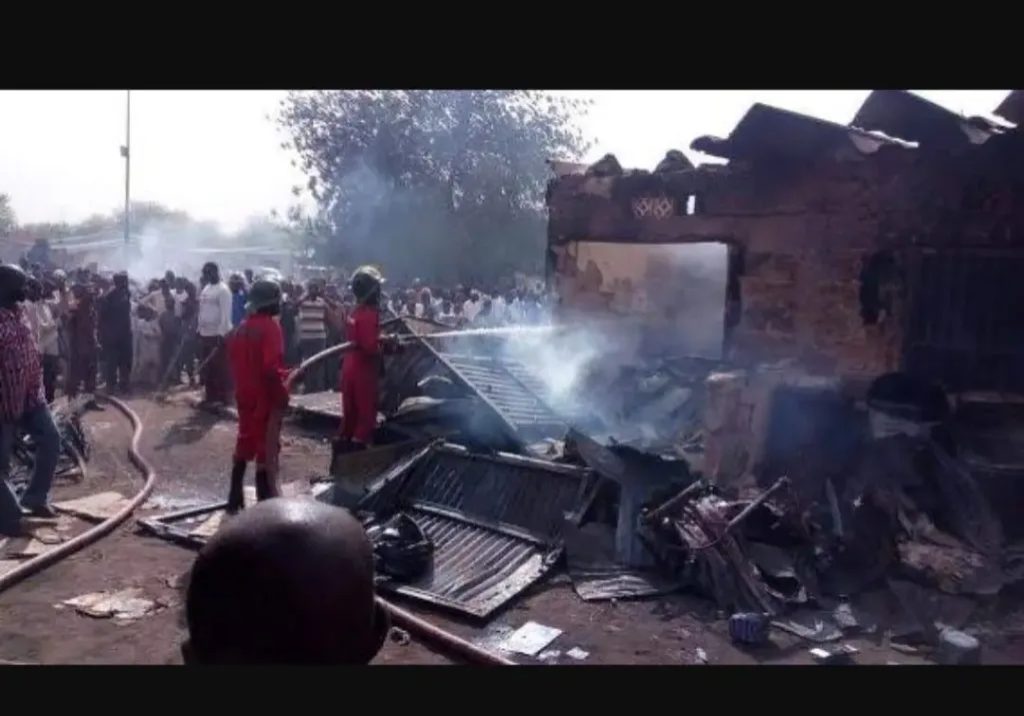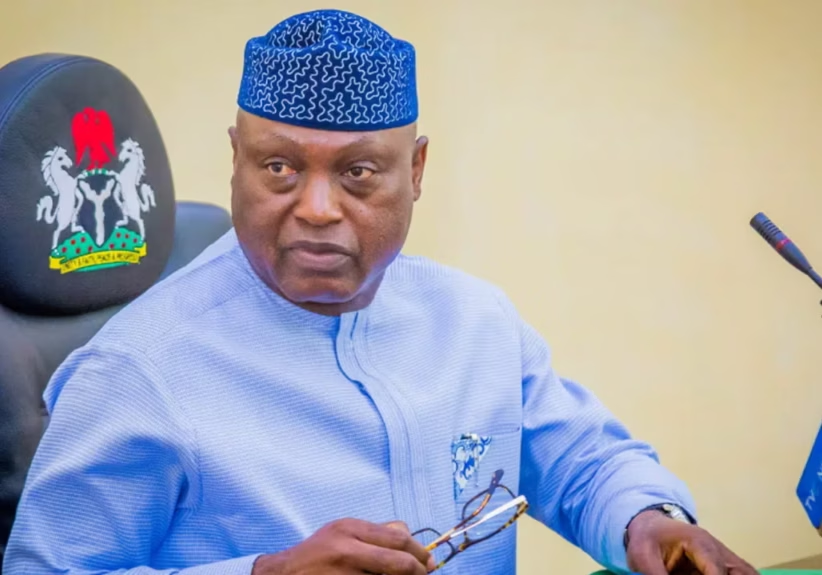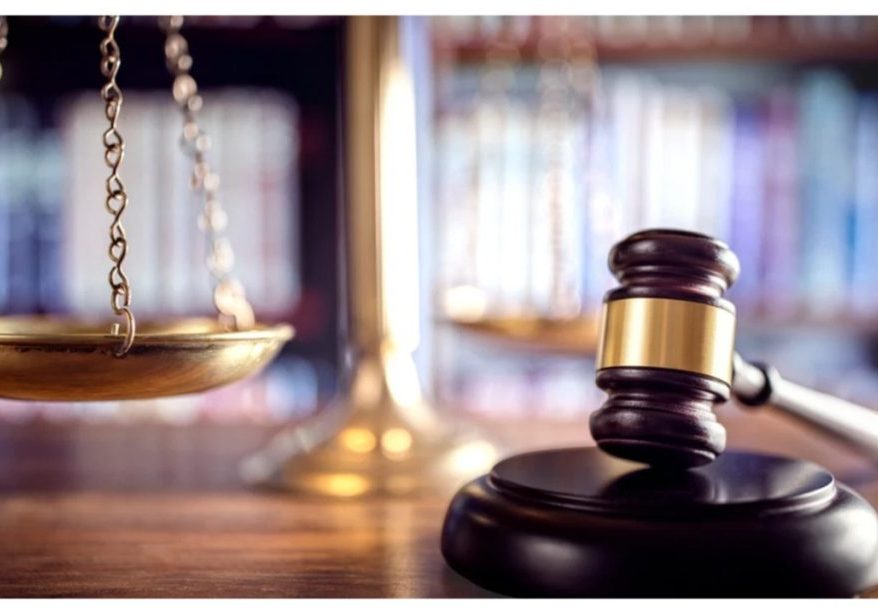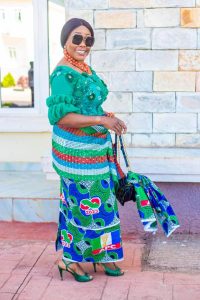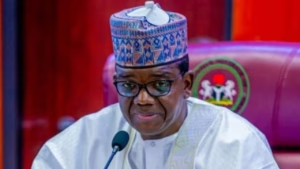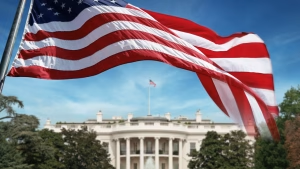Stellenbosch University’s efforts to tackle the issue of initiation practices have not fully eradicated the toxic and exclusionary culture within some of its residences. Despite assurances, resistance from certain white residents and alumni continues to be a barrier to progress.
Having resided in Wilgenhof Men’s Residence, also known as “Die Plek,” during the mid-1980s, I personally experienced the authoritarian Afrikaner Nationalist environment that prevailed at Stellenbosch University. The institution, even under the chancellorship of State President PW Botha, promoted a culture characterized by violence, authoritarianism, and animosity towards those perceived as different.
First-year students in men’s residences underwent dehumanizing initiation practices, purportedly to instill a unique “koshuis gees” (residence spirit) that aligned with the broader Afrikaner Nationalist culture. These rituals culminated in a coercive ceremony aimed at instilling loyalty to the specific residence and the overarching Afrikaner Nationalist ethos.
At Wilgenhof, the final initiation ritual involved isolating first-year students in a locked room, subjecting them to loud music and physical exercises, and ultimately leading them individually to the “quad” while blindfolded and disoriented, late into the night. This practice instilled fear and a sense of exclusion rather than fostering a genuine spirit of camaraderie.
The university’s current attempts to address these issues are commendable, but the lingering resistance from certain quarters necessitates a bolder and more resolute approach. It is crucial for Stellenbosch University to demonstrate unwavering commitment in eradicating systemic toxic cultures and fostering an inclusive and welcoming environment for all its students.
The journey toward change requires confronting uncomfortable truths and dismantling entrenched norms. As the university grapples with this pivotal moment, the question remains: Is Stellenbosch University brave enough to confront its past and drive meaningful change for a more equitable future?

